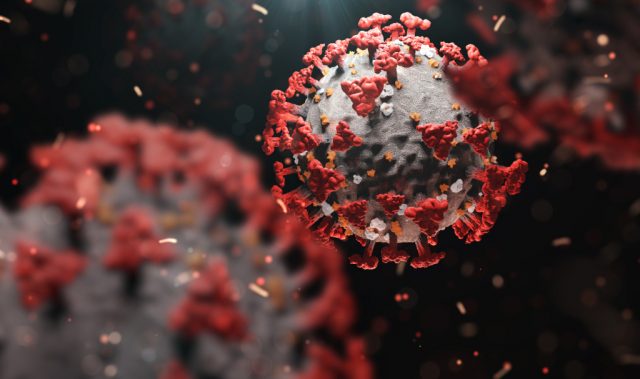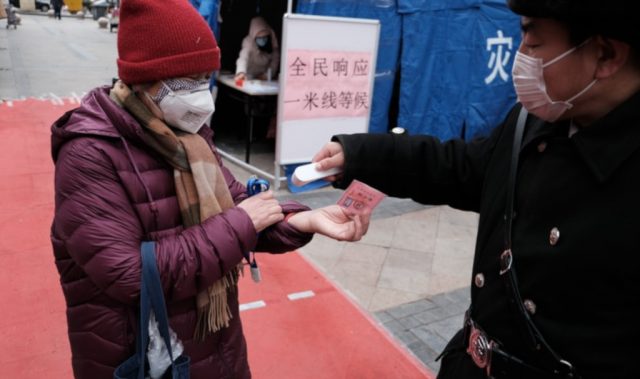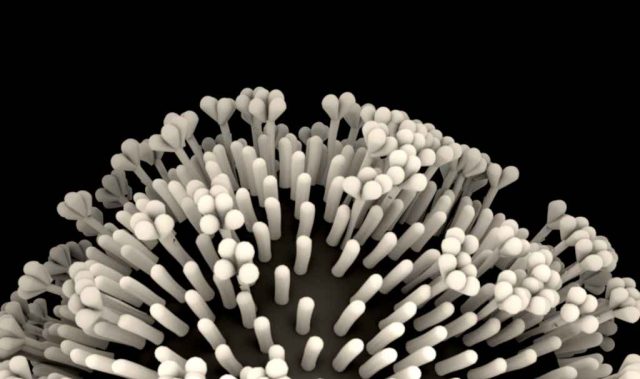
AsianScientist (May 19, 2020) – Hydroxychloroquine failed to help patients recover from COVID-19, according to a pair of papers published in The BMJ.
An anti-inflammatory drug used to treat rheumatic diseases, hydroxychloroquine has recently received international attention as a potential treatment for COVID-19. While initial lab tests showed promising results, clinical trials and observational data tell a different story.
In the first study, researchers from Shanghai Jiao Tong University, China, found that hydroxychloroquine did not help COVID-19 patients clear the virus more quickly than those receiving standard care. They randomized 150 patients with mild to moderate symptoms into two groups: one receiving standard of care including the provision of intravenous fluids, supplemental oxygen and when necessary, intensive care; and the other receiving standard of care as well as two to three weeks of hydroxychloroquine treatment.
Most patients tested negative using RT-PCR by 28 days, indicating that they had cleared the virus whether or not they took hydroxychloroquine. The drug made no difference to the percentage of patients who recovered; symptom alleviation and time to relief of symptoms also did not differ meaningfully between the two groups.
In fact, hydroxychloroquine was found to increase the number of adverse events. Thirty percent of the group receiving hydroxychloroquine experienced adverse events compared to nine percent in the standard of care only group. The most common side effect reported by the hydroxychloroquine group, diarrhoea, was not observed in the control group. Finally, two patients on the hydroxychloroquine arm experienced severe adverse events while none in the control group did.
These results were corroborated by the second study of 181 patients in France. The study found no meaningful differences between patients that received hydroxychloroquine and those that did not, in terms of rate of transfer to intensive care, death within seven days or developing acute respiratory distress syndrome (ARDS) within ten days.
While both groups of researchers said that caution is needed in the interpretation of their results, both studies taken together do not support the use of hydroxychloroquine in patients hospitalized with COVID-19 pneumonia.
The articles can be found at:
Tang et al. (2020) Hydroxychloroquine in Patients With Mainly Mild to Moderate Coronavirus Disease 2019: Open Label, Randomised Controlled Trial.
Mahévas et al. (2020) Clinical Efficacy of Hydroxychloroquine in Patients with Covid-19 Pneumonia who Require Oxygen: Observational Comparative Study Using Routine Care Data.
———
Source: The BMJ; Photo: Unsplash.
Disclaimer: This article does not necessarily reflect the views of AsianScientist or its staff.












